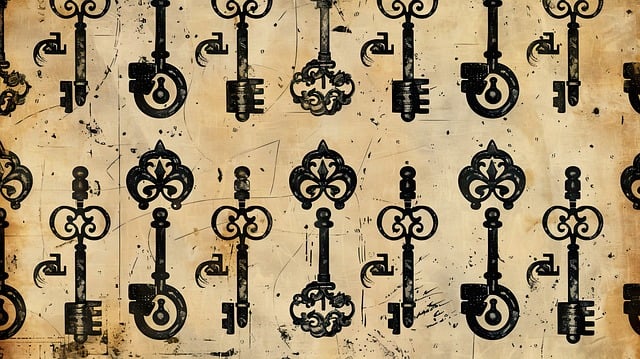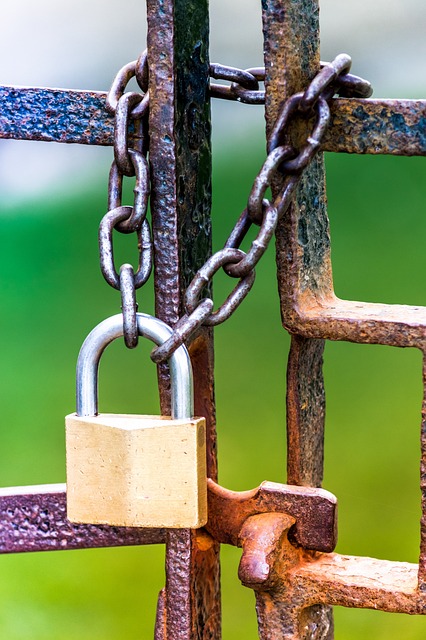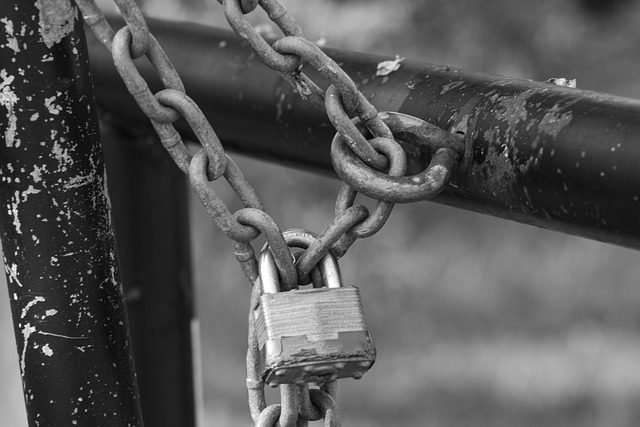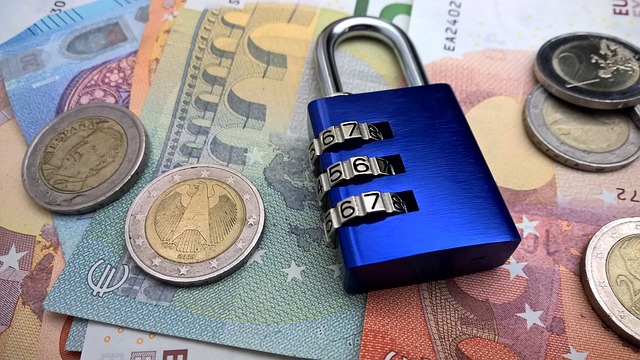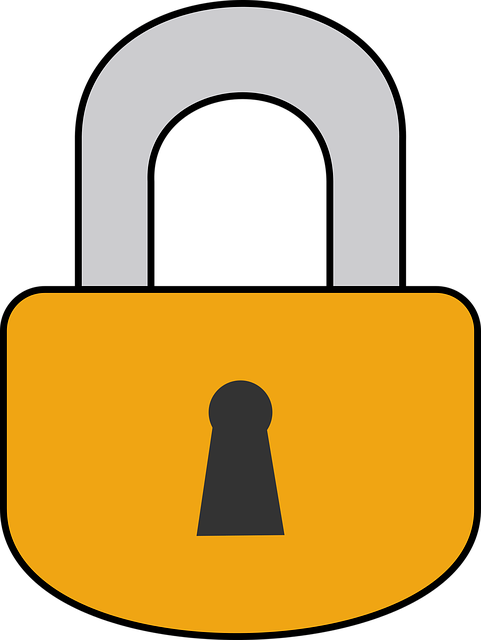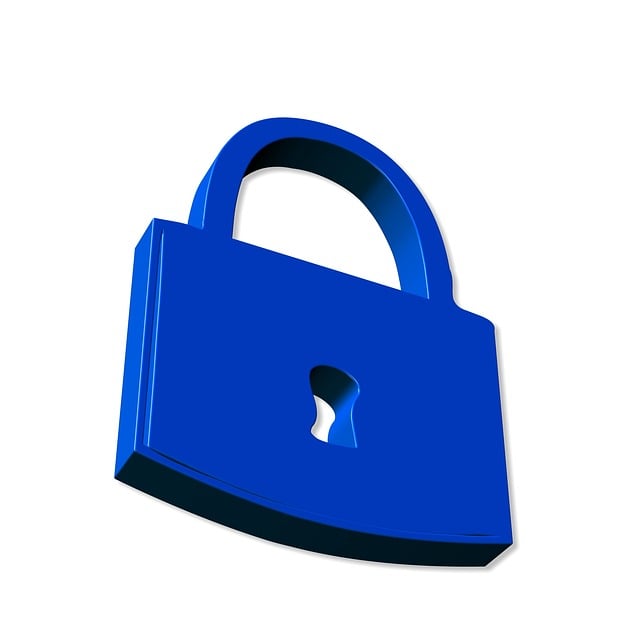In today's digital era, enhancing home and business security is paramount. Integrating advanced…….
Category: High Security Lock Systems and Upgrades in Denver
High Security Lock Systems and Upgrades in Denver
High Security Lock Systems and Upgrades in Denver: A Comprehensive Overview
Introduction
In the ever-evolving landscape of security, cities like Denver play a pivotal role in adopting advanced lock systems to safeguard properties and protect citizens. “High Security Lock Systems and Upgrades in Denver” refers to the implementation and enhancement of robust locking mechanisms designed to deter crime, ensure public safety, and maintain order. This article aims to explore the intricacies of this crucial aspect of urban security, delving into its definition, global impact, economic implications, technological innovations, regulatory frameworks, challenges, successful case studies, and future prospects. By examining these elements, we can gain a comprehensive understanding of why high-security lock systems are essential for modern cities like Denver and how they contribute to creating safer communities.
Understanding High Security Lock Systems in Denver: A Definition and Key Components
High security lock systems in Denver encompass a range of advanced locking mechanisms, access control technologies, and surveillance solutions designed to protect critical infrastructure, commercial buildings, residential properties, and public spaces. These systems are characterized by their ability to withstand various attack methods, including physical force, electronic hacking, and unauthorized access attempts. Key components typically include:
-
Mechanical Locks: High-security mechanical locks feature robust designs with advanced cylinder mechanisms, precision-engineered pins, and robust casings. Examples include grade 1 and grade 2 locks, which are known for their exceptional strength and resistance to forced entry.
-
Electronic Access Control: This involves the use of biometric authentication (fingerprints, iris scanning), card readers, keypads, and wireless access control systems to manage who can enter a secured area. Denver’s diverse climate demands robust electronic systems that can operate in extreme temperatures.
-
Surveillance Cameras: High-resolution security cameras with advanced features like motion detection, night vision, and digital zoom provide visual monitoring of secure areas. These cameras are integrated with access control systems to record and store entry/exit data.
-
Secure Hardware: Door hinges, bolts, strikes, and other hardware components are designed to withstand extreme force and prevent tampering. Stainless steel and reinforced materials are commonly used in Denver’s challenging environmental conditions.
-
Central Monitoring Systems: These allow security personnel or property managers to remotely monitor and control access to various areas, receive alerts, and take immediate action in case of unauthorized access attempts.
Global Impact and Trends Shaping High Security Lock Systems in Denver
The global impact of high-security lock systems is significant, with cities worldwide recognizing the need for enhanced security measures due to rising crime rates, terrorist threats, and cyberattacks. Denver, being a vibrant metropolis, mirrors these international trends:
| Global Trend | Impact on Denver |
|---|---|
| Rapid Urbanization | Increased demand for secure housing and commercial spaces drives the adoption of advanced lock systems in new and existing buildings. |
| Cybercrime Growth | The rise of cyberattacks prompts Denver businesses to invest in robust electronic access control and cybersecurity measures. |
| Terrorist Threats | Government facilities, airports, and public transport hubs implement high-security locks as part of comprehensive security protocols. |
| Smart City Initiatives | Denver’s smart city projects include integrating security systems with IoT devices, enhancing overall urban security. |
| Environmental Concerns | The harsh winters and varying climate conditions in Denver necessitate durable, weatherproof lock systems. |
Economic Considerations: Market Dynamics and Investments
The economic aspects of high-security lock systems in Denver are multifaceted:
Market Dynamics:
- Growing Demand: The demand for high-security locks is rising due to increased awareness of property security and safety. This trend is evident in Denver’s real estate market, where developers and homeowners invest in advanced locking solutions.
- Competitive Landscape: The market is characterized by several local and international lock manufacturers, each offering specialized products tailored to Denver’s unique needs.
- Integration with Smart Homes/Cities: The integration of security systems with smart home technology is driving innovation and creating new market opportunities for advanced lock systems.
Investment Patterns:
- Government and Public Sector: Local, state, and federal government agencies in Denver invest heavily in securing public buildings, transportation networks, and critical infrastructure.
- Commercial Real Estate: Business owners in diverse sectors, such as retail, hospitality, and finance, are investing in high-security locks to protect their assets and customers.
- Residential Sector: Homeowners in Denver’s diverse neighborhoods are adopting advanced lock systems for added peace of mind and property protection.
Technological Advancements: Driving Innovation Forward
Technological advancements play a pivotal role in shaping the future of high-security lock systems in Denver:
- Biometric Authentication: The use of fingerprints, iris scans, and facial recognition technology enhances access control accuracy and security. Local law enforcement agencies have adopted these systems for secure building entrances.
- Wireless Access Control: Bluetooth, Wi-Fi, and Z-Wave technologies enable remote access management and automation, allowing users to control locks via smartphone apps or web interfaces.
- AI-Powered Surveillance: Artificial intelligence (AI) enhances video analytics, enabling security systems to detect anomalies, track people’s movements, and predict potential threats more accurately.
- Cloud Integration: Cloud-based security solutions offer remote monitoring, data storage, and centralized control, making it easier for property managers to oversee multiple locations.
- Smart Lock Features: Advanced smart locks now include temperature sensors, motion detectors, and integration with home automation systems, providing comprehensive security and convenience.
Regulatory Frameworks: Ensuring Compliance and Safety
Denver’s high-security lock system implementation is governed by various local and national regulations aimed at maintaining public safety and privacy:
- Building Codes: Local building codes dictate the minimum security standards for new constructions and renovations, including requirements for door hardware, locks, and access control systems.
- Privacy Laws: The Colorado Privacy Act and federal laws like the Video Surveillance Device Act (VSDA) regulate the use of surveillance cameras, ensuring that citizens’ privacy rights are respected.
- Fire Safety Regulations: Locks and access control systems must adhere to fire safety standards, especially in commercial buildings, to facilitate emergency evacuations.
- Criminal Code: Laws against burglary, theft, and unauthorized entry guide the design and installation of high-security locks, ensuring they meet specific criteria for strength and durability.
Challenges and Considerations: Overcoming Implementation Hurdles
Implementing high-security lock systems in Denver presents several challenges that must be addressed to ensure their effectiveness:
- Climate Variability: Denver’s extreme temperatures, from sub-zero winters to scorching summers, require locks and hardware capable of withstanding these conditions without compromise.
- Vandals and Thieves: Criminals may target high-security locks for theft or damage, necessitating robust physical security measures and regular system audits.
- Cybersecurity Threats: As electronic access control systems become more sophisticated, they also become potential targets for cyberattacks. Robust cybersecurity protocols must be implemented to protect sensitive data and prevent unauthorized access.
- Cost Considerations: High-security locks and integrated access control systems can be expensive, requiring careful budgeting and long-term cost-benefit analysis.
- Training and Maintenance: Proper training of security personnel and regular system maintenance are crucial for ensuring the reliable operation of high-tech security solutions.
Case Studies: Successful High-Security Lock Implementations in Denver
1. Denver International Airport (DIA)
The implementation of a state-of-the-art security system at DIA is a testament to the effectiveness of high-security lock systems. The airport features advanced biometric access control for secure areas, surveillance cameras with AI-powered analytics, and reinforced door hardware. These measures have significantly improved passenger safety and reduced wait times during security checks.
2. City Hall and Municipal Buildings
The city of Denver has invested in high-security locks for its various municipal buildings, including City Hall. These systems include robust mechanical locks, access control cards, and biometric scanners, ensuring that only authorized personnel can gain entry to sensitive areas. The integration of these systems with the city’s central security network enhances overall operational efficiency.
3. Smart Apartments and Condos
Several high-end apartment complexes in Denver have adopted smart lock technology, offering tenants enhanced security and convenience. These systems allow residents to control access using smartphones or key fobs, eliminate the need for physical keys, and provide landlords with detailed entry/exit data for each unit.
Future Prospects: Trends Shaping Tomorrow’s Security
The future of high-security lock systems in Denver is filled with exciting possibilities driven by technological advancements:
- Integration with IoT (Internet of Things): The growing IoT ecosystem will enable seamless communication between locks, surveillance cameras, and other security devices, creating a unified smart security network.
- Quantum Encryption: Quantum-resistant encryption technologies will enhance the cybersecurity posture of electronic access control systems, making them virtually impenetrable to cyberattacks.
- AI-Driven Threat Prediction: Advanced AI algorithms will analyze historical data and real-time behavior patterns to predict potential security threats, allowing for proactive measures.
- Biometric Evolution: The evolution from fingerprint to facial recognition authentication is expected, offering even higher levels of security and convenience.
- Sustainable Security: There will be a growing emphasis on environmentally friendly materials and energy-efficient lock systems, aligning with Denver’s sustainability initiatives.
FAQ: Addressing Common Concerns
Q: Are high-security locks expensive?
A: While initial installation costs can be high, the long-term benefits and increased property security make them a worthwhile investment. Regular maintenance and upgrades also ensure optimal performance.
Q: How do I know if my home needs high-security locks?
A: Consider factors like location (nearby high-crime areas), valuable assets within, and your personal safety concerns. Consulting with security professionals can provide tailored advice.
Q: Can smart locks be hacked?
A: While rare, smart lock systems can be vulnerable to cyberattacks if not properly secured. Regular software updates, strong passwords, and encryption protocols significantly reduce these risks.
Q: How do I choose the right lock system for my business?
A: Evaluate your specific security needs, budget, and the type of premises. Consult with security experts who can provide recommendations based on industry best practices.
In conclusion, high-security lock systems are an essential component of modern safety and security solutions in Denver. By addressing challenges, learning from successful implementations, and embracing emerging technologies, the city can enhance its overall security posture while ensuring compliance with legal requirements.
Denver Locksmiths: Securing Your Space with Modern Security Lock Systems
Denver Locksmiths are revolutionizing traditional security with advanced lock systems that combine s…….
Denver Locksmiths: Expertise in High-Security Key Systems & Locks
Denver's leading locksmiths are revolutionizing property security with advanced security locks…….
Denver’s Advanced Security: Custom High-Security Lock Solutions
Custom high-security locking solutions in Denver, a bustling metropolis, protect historic buildings…….
Expert Emergency Locksmiths: Securing High-Tech Security Locks & Key Systems
Advanced security key systems integrated with high-security locks offer robust protection against un…….
Elevate Denver’s Security: Top Lock Replacement and Key Systems
High-security locks are advanced protection mechanisms featuring complex key systems and tamper-proo…….
Denver’s Top Locksmiths for Advanced High-Security Lock Systems
Denver's high-security locksmiths are experts in securing residential and commercial propertie…….
Essential Guide to Emergency Locksmith Services for High-Security Locks
When safeguarding your property against unauthorized access, high-security locks stand as a critical…….
Optimizing Commercial Security in Denver: High-Security Lock Selection and Installation Best Practices
In Denver, robust high-security lock and security key systems are crucial for safeguarding commerci…….
Denver’s Keyless Entry Security: Advantages, Top Brands, and Real-World Safety Enhancements
In Denver, advanced security key systems with keyless entry have become a staple, replacing traditi…….
